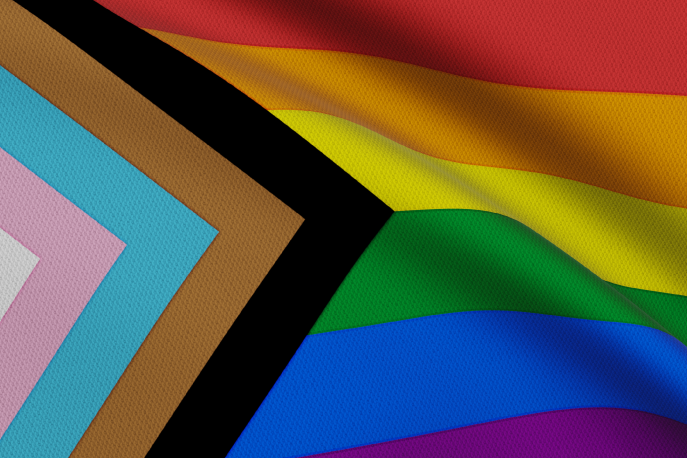Hello readers – Pride Month is a time to reflect on the history of the LGBTQ+ community – a term we use to include a diverse range of individuals, including those who are non-binary and gender non-conforming. While this month is a time for celebration, it’s also an important moment to consider the specific needs of the community and how to address them to build a better future.
The LGBTQ+ community has had some reasons to celebrate in recent months, including the inauguration of President Joe Biden, who became the highest-ranking government official to endorse marriage equality when he announced his support as vice president in 2012. Biden’s actions suggest he remains committed to the community, and he recently recognized Pride Month in a presidential proclamation that referenced his support for the Equality Act, which would protect LGBTQ+ Americans from discrimination in many areas of life.
Furthermore, his administration – and the public – will benefit from the service of Dr. Rachel Levine, who became the first openly transgender person to hold an office requiring Senate confirmation when she took on the role of assistant secretary for health this year. Dr. Levine is not the only LGBTQ+ member of Biden’s administration, which also includes Secretary of Transportation Pete Buttigieg, who is the first openly gay cabinet member to be confirmed by the Senate.
Yet the LGBTQ+ community still faces many challenges, including their disproportionate likelihood to face violence, harassment, and abuse. Here are the facts:
• Members of the LGBTQ+ community often face hate crimes, and sexual assault was one of the most commonly reported hate crimes by LGBTQ+ individuals, according to studies collected by the National Sexual Violence Resource Center.
• Almost half of all transgender people have been sexually assaulted at some point in their lives, and these rates are even higher for trans people of color and those who have done sex work, been homeless, or have (or had) a disability.
• Black trans women in particular face violence at disproportionate rates due to intersecting racial prejudice, sexism, and transphobia, according to the Harvard Civil Rights – Civil Liberties Law Review.
• Members of the LGBTQ+ community are also more likely to experience hardships that make them more vulnerable to violence, including substance abuse, homelessness, and poverty.
RALIANCE stands with the LGBTQ+ community as part of our commitment to build a world where systems, institutions, and environments empower people to reach their full potential – this requires disrupting oppressive behaviors and challenging inequitable practices. This month, RALIANCE’s blogs will focus on the needs of the LGBTQ+ community and provide insights on how best to address these impacts of oppression – we look forward to exploring this important subject with you.
RALIANCE provides consulting, assessment, and employee development services to help build more equitable workplace cultures and create environments free from sexual harassment, misconduct and abuse. We stand ready to support your organization’s goals – contact us today at info@raliance.org to get started.

